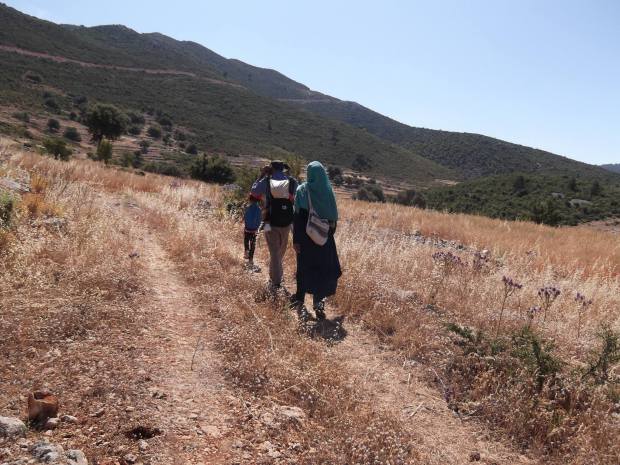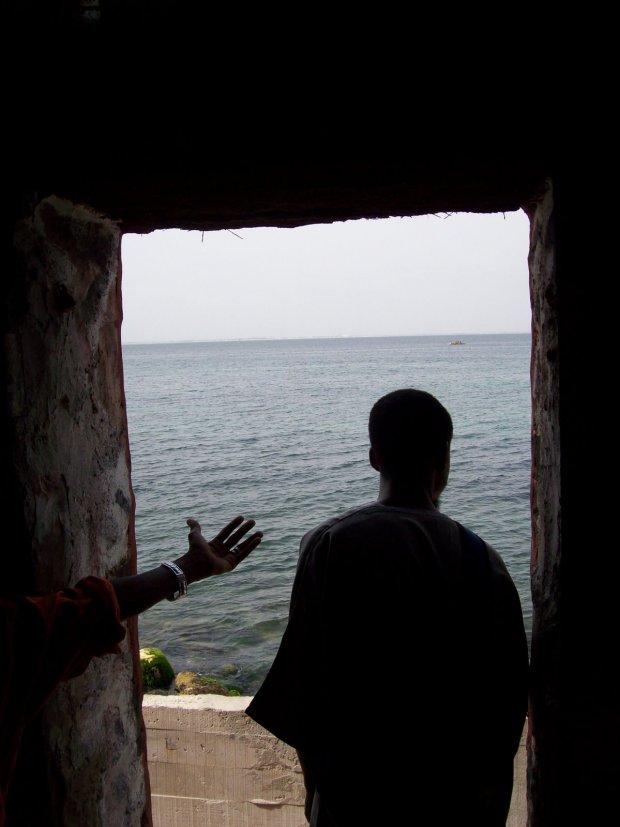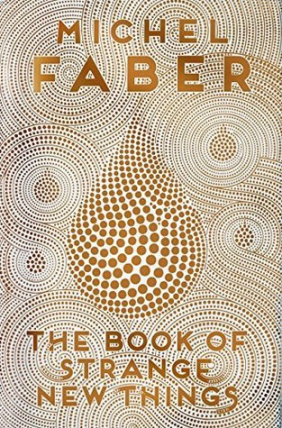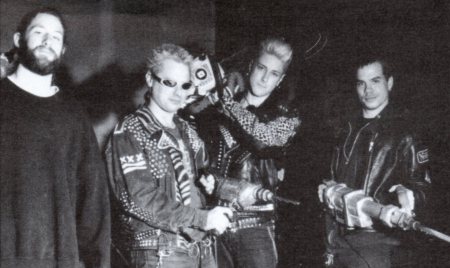
“I’m tired of America. I’m tired of its baggage. I’m happy where I am. I didn’t like it. I don’t like it. I’m done with it.” –Randall Robinson
There’s nothing easy about uprooting yourself from the only home you’ve known. A certain part of your being is permanently rooted in the soil you sprouted in. For myself, I am forever a New Yorker, whether I like it or loath it. But in my teenage years, the idea of traveling and living elsewhere began to pique my interest. Surprisingly, that curiosity has taken me much further than my parents’ homeland of Jamaica and even the African continent I thought I would repatriate to. Instead, I’ve found a patch of peace in an unlikely place–the Sultanate of Oman in the Arabian Peninsula.
In the early days of marriage, my husband and I were quickly exhausted by the American hustle. Both working full-time, him as an educator and myself as an engineer, we were like passing ships with little quality time together and even less money saved. We rationed holidays and two weeks of paid vacation along the East Coast. It seemed impossible to travel as far and freely as we desired without quitting our jobs and cutting our financial ties. However, we saved diligently and set our departure for the summer of 2008.
The weeks spent packing up our apartment was exhilarating. We gave, sold, and stored three years of shared possessions and bought one-way tickets to the Middle East. We had a personal goal to study Arabic, as well as make our religious pilgrimage to Mecca. Learning to navigate a new culture, language, and terrain affirmed for us our ability to make a home for ourselves in another land. A year later, the desire to etch a life abroad took us to Algeria. We were both working again, but there was a simplicity to life that gave us more to savor. Additionally, there was a newfound freedom to explore the unknown.
The following year, the pending arrival of our first child prompted our move to Oman. When my husband received his job offer, we thought we struck gold. A tax-free salary in addition to furnished housing, health insurance, roundtrip annual airfare, and seven weeks of paid vacation was more valuable than any position we knew of for educators in the United States. Yes, accepting the offer meant living on the other side of the planet, but it also meant generous national and religious holidays for seeing the rest of the world—the much anticipated trip to Ethiopia, the friend in Jakarta we had been meaning to visit, and the countless other places that seemed within reach now that we had crossed the Atlantic. It was the first time in our lives where we saved more than we spent and shared enough waking hours together to contemplate our dreams and plan for them.

In the last nine years, we’ve called Morocco and Turkey home as well but have since returned to Oman with a firm intention to stay. We visit the United States every summer and with each stay, the juxtaposition between our two worlds becomes more evident. The cascade of brown people slain by the police, the increase in violence directed towards Muslims, and the overall incidence of indiscriminate crime are dizzying. Is it really 2017? How much longer will marginalized people have to fight to be heard and be recognized as fully human in the United States? How can a soul be so depraved that it would harm self and others with reckless abandon?
I know many brilliant and bold people in the trenches of activism in America and though I am but half the age of Randall Robinson, I echo his sentiment—I’m tired. The fate of the United States is depressing and I say this with optimism. There are many more sobering predictions about what is to come. However, I find solace in expanding my citizenship to the wider world. The human race has been migrating for millennia. Lack of resources and opportunities drove people to pursue new terrain since the beginning of time. In the modern context, your ability to cross artificial lines called borders is dictated by your passport, citizenship, and finances. I know full well that my American passport and education are sources of privilege, but I refuse to let that bequest be a source of my bondage. I have two black children to raise and I want them to stretch the full span of their wings and know the smell and taste of freedom. I want them to know just how sacred and important their black minds and bodies are. I want them to confidently speak in the universal language of humanity that connects us all more than it divides us.
The decision to stay or go is a highly personal one. There is absolutely no utopia for black people to live in. Individually and collectively, we must tally the sum total of our skills, experiences, and motives to decide where best our lives will fit on this planet. But I’m willing to argue that there is more to life than what America has to offer people of color and the risk of finding that out is one I’m willing to take.
This essay was originally published at The Black Expat.
Advertisements Share this:




